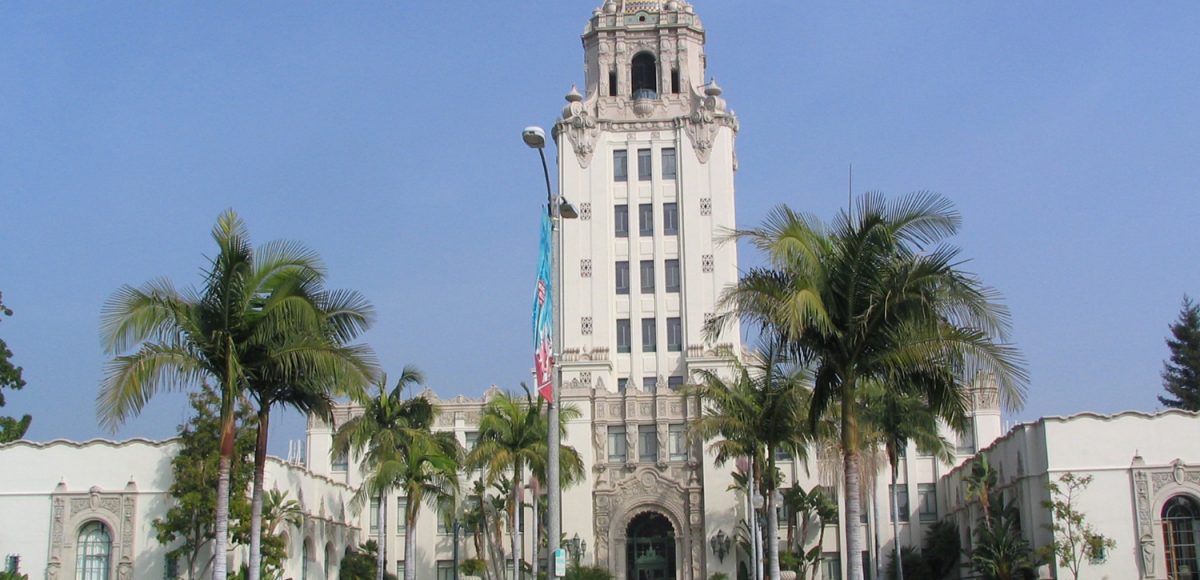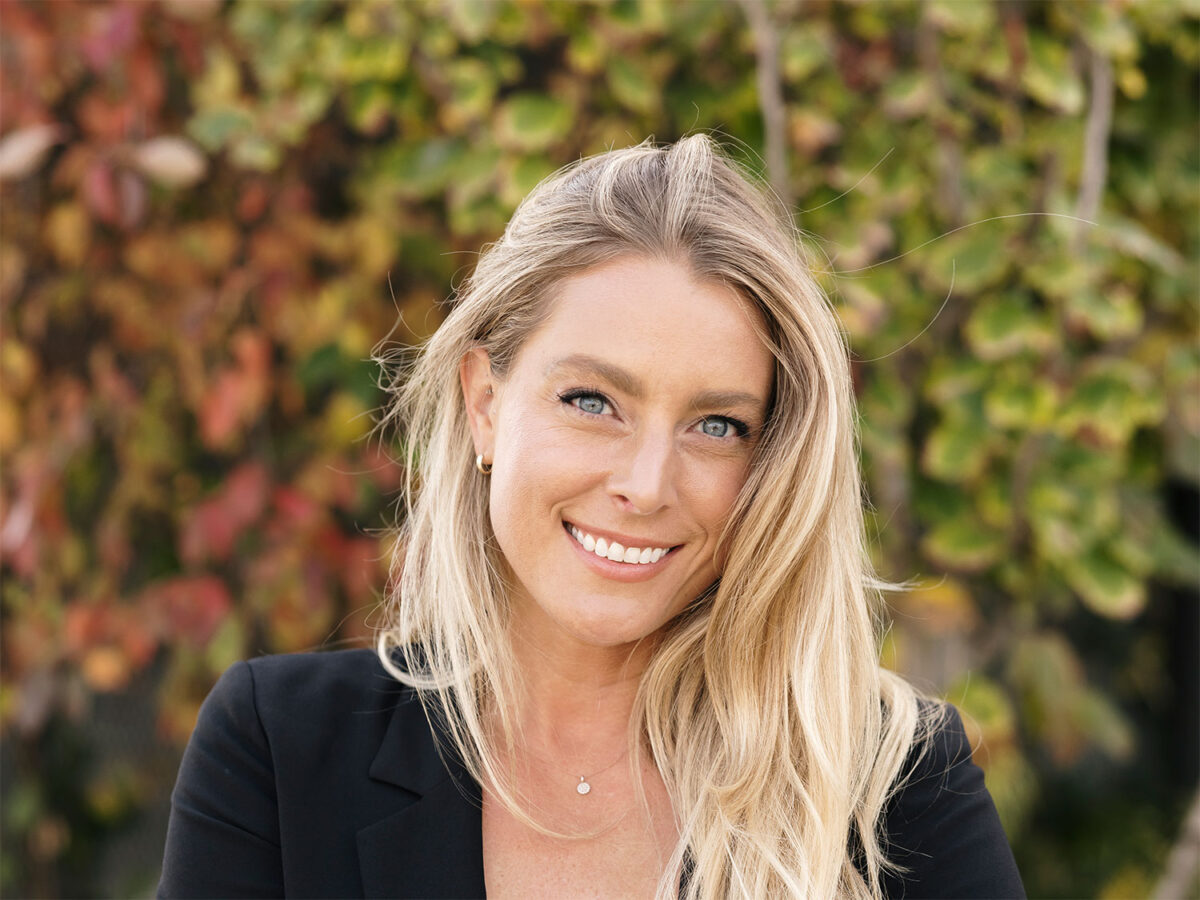In an effort to protect City revenue, Beverly Hills voters will decide the fate of a new sales tax measure on the November ballot. The proposed 3/4 cent sales tax increase to raise the sales tax in Beverly Hills to 10.25 percent is intended to prevent the county from taking money away from the City.
“This is really not a sales tax increase. It’s a revenue protection measure,” said Councilman John Mirisch at the July 14 City Council Study Session.
The upcoming ballot measure, which requires a majority of the vote to pass, would only be levied if a sales tax initiative for either Los Angeles County or a Special District qualifies for an upcoming election and is approved by Los Angeles voters. In the absence of such a measure, county agencies would be able to take money that would otherwise go to Beverly Hills.
Of the current 9.5 percent sales tax on all purchases made in the City, 8.5 percent goes to the state, Los Angeles County, and other special districts (such as Metro for Measure M), while the remaining one percent is returned to the City. If the proposed additional 3/4 cent sales tax does go into effect, the City would retain the entire increase as general fund revenue.
In forecasting out potential revenue from the 3/4 cent sales tax increase, the July 14 staff report authored by Policy and Management Analyst Cynthia Owens forecast a $15.9 million increase for Fiscal Year 2020/21. The total potential revenue to the City from sales tax, if the measure passes, would be $37.6 million. In making that forecast, Owens compared that to the total potential revenue from sales tax the City would have realized for FY 2018/19, which would have been $65.5 million. The FY 20/21 revenue includes a “realistic” predicted decrease due to COVID-19, according to Owens.
“It should be noted that the maximum sales tax rate increase in Beverly Hills could decline in future years below the 3/4 cents currently available due to other future county sales tax measures,” Owens warned the City Council.
Given that the maximum tax rate allowed under the law in L.A. County is 10.25 percent, Owens characterized the proposed upcoming Beverly Hills ballot measure as a safety protection measure in order to allow the City to keep those potential sales tax revenues for local purposes.
While the City Council was united in its direction to staff to prepare the measure in time for the November ballot, all five Council members expressed displeasure with having to bring a tax to the voters. Particularly given how impacted everyone’s finances are as a result of the COVID-19 pandemic, Council members underscored the importance of effectively crafting the ballot measure language.
“In my mind this is unfortunate,” said Vice Mayor Bob Wunderlich, who criticized the public policies that had placed Beverly Hills in this position. “Only the people who don’t take this protective measure will be bearing the burden for others.”
Of the 88 cities in Los Angeles County, Owens said that 31 cities have approved sales tax rates above the Los Angeles County base amount of 9.5 percent, with 25 of those having approved increases up to the maximum amount of 10.25 percent. Most recently, on July 6, the West Hollywood City Council voted in support of placing a 3?4 cent sales tax initiative on the Nov. 3 ballot.
“I think the appetite for that 3/4 cents in sales tax is going to be very high from any of the districts that surround us. Now it doesn’t protect us from the state, but certainly it does protect us from the county and Metro, and anybody like that. I think this is a good idea,” said Councilman Julian Gold.
The Council is expected to vote on the ballot measure language later this month in order that it can be ready by the Aug. 7 county deadline to qualify for the November ballot.







